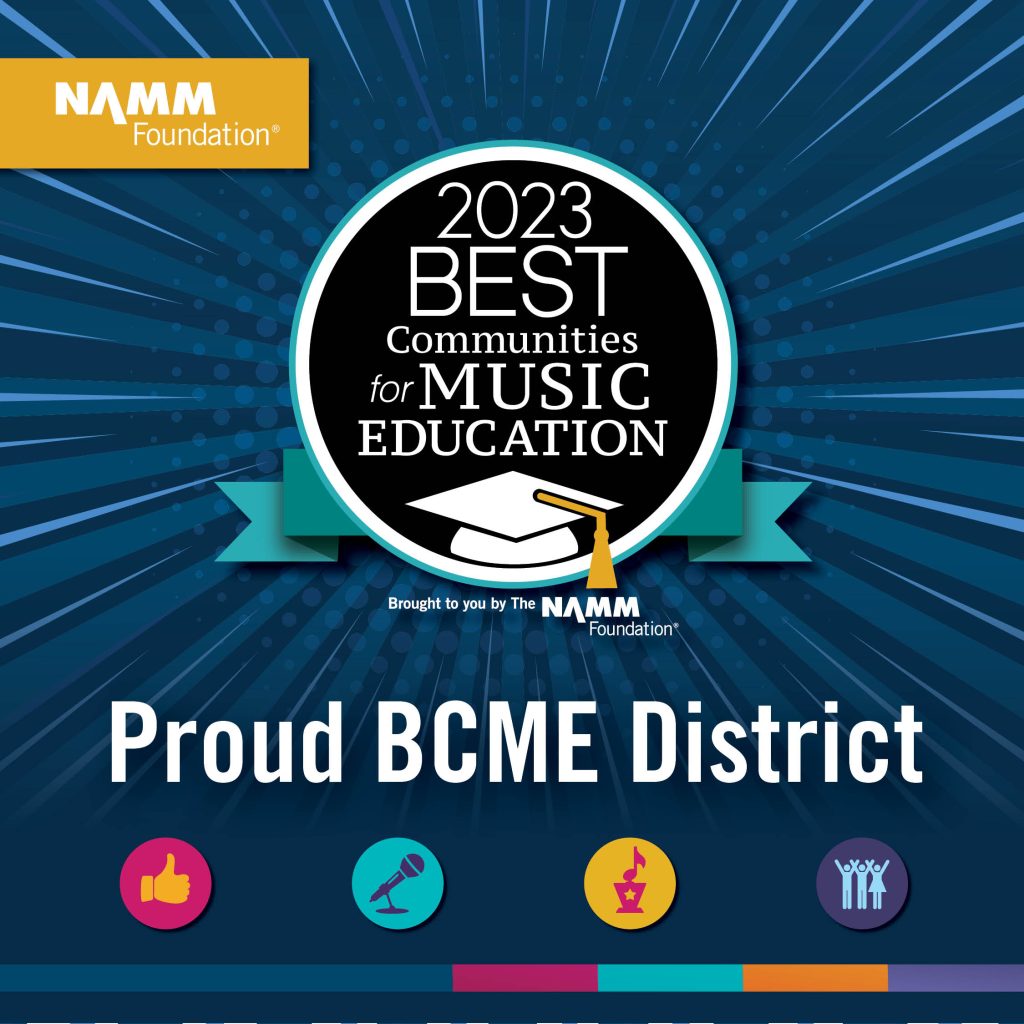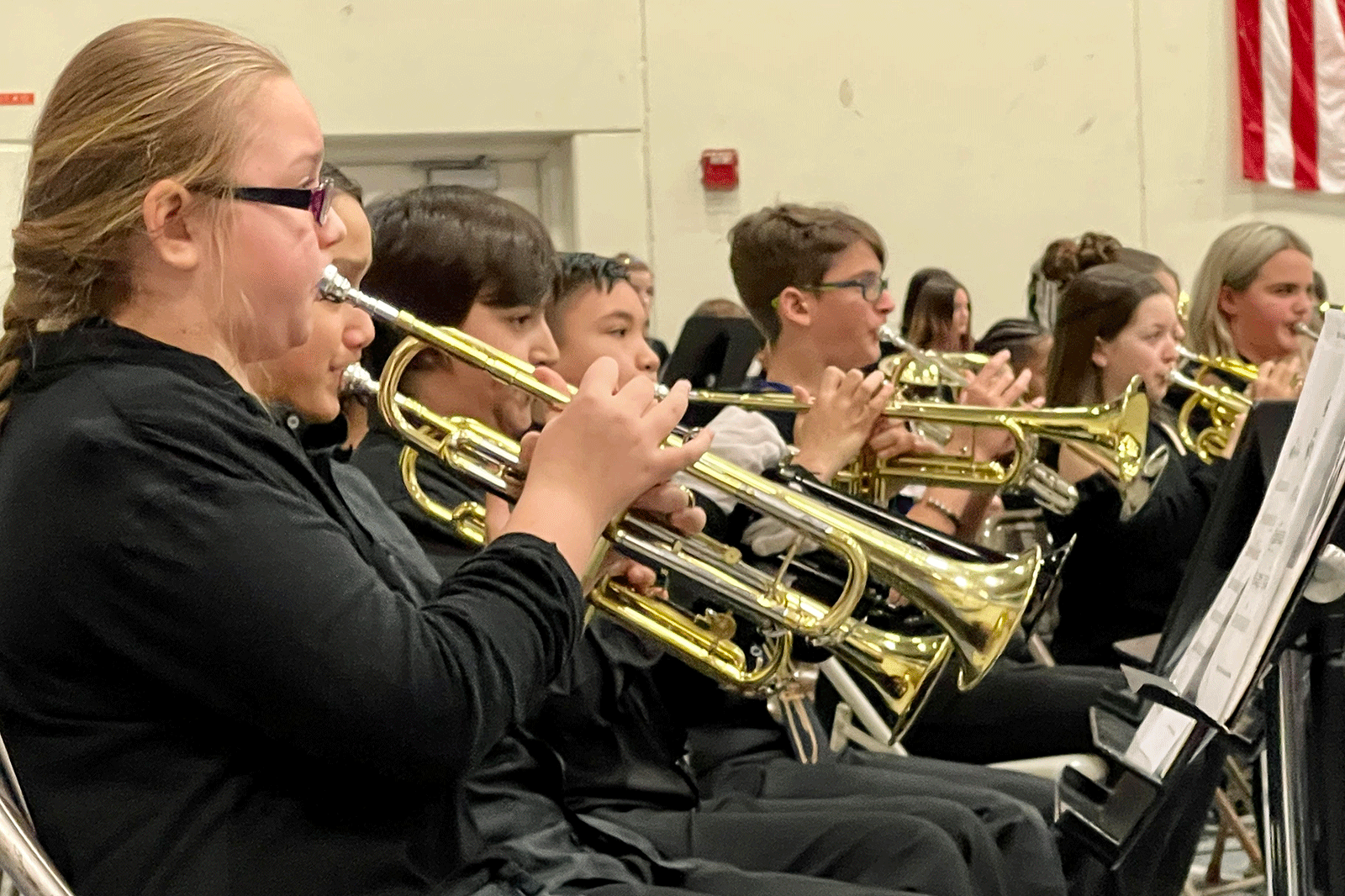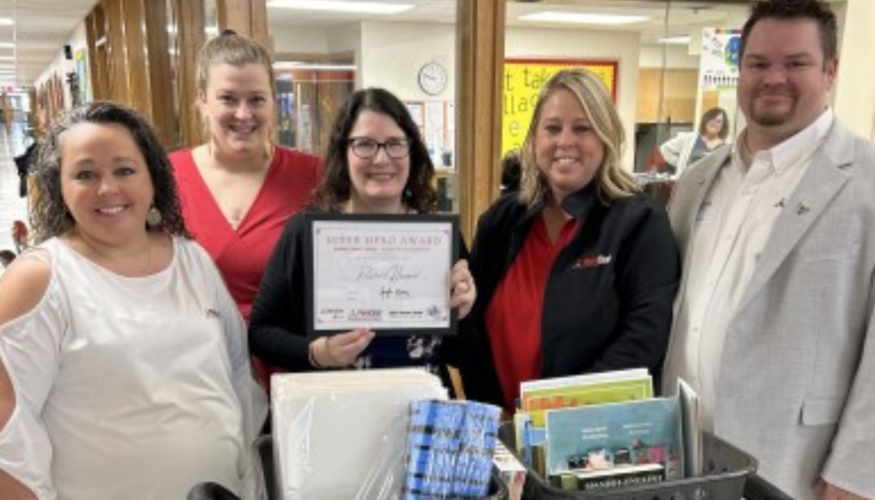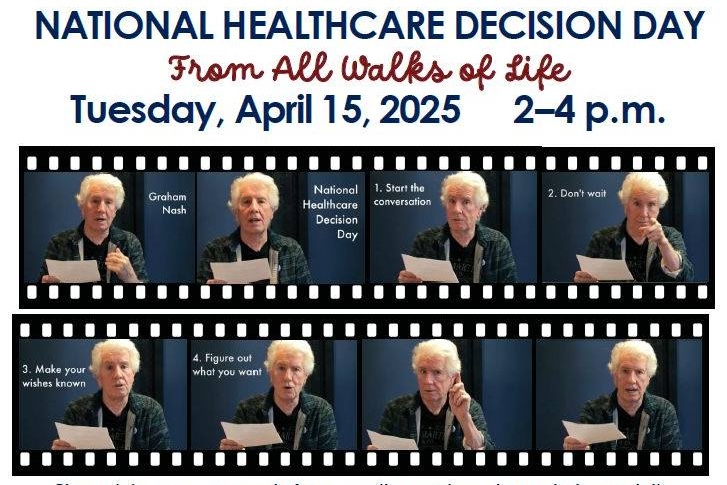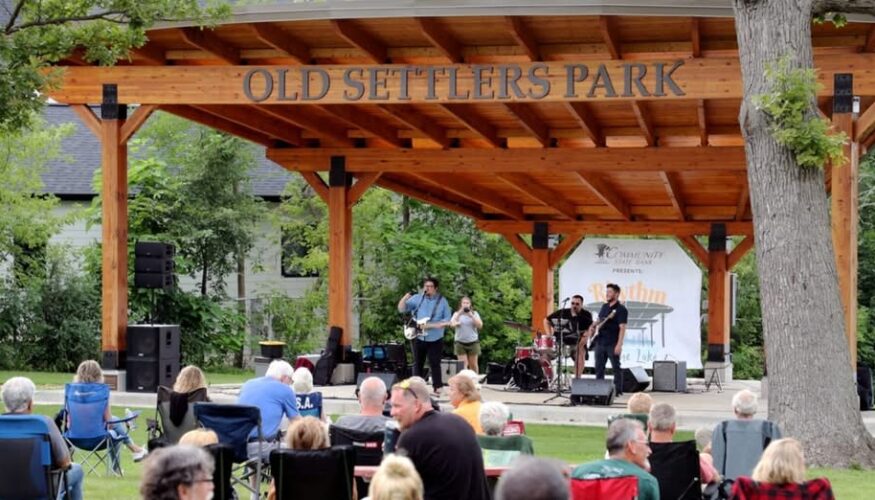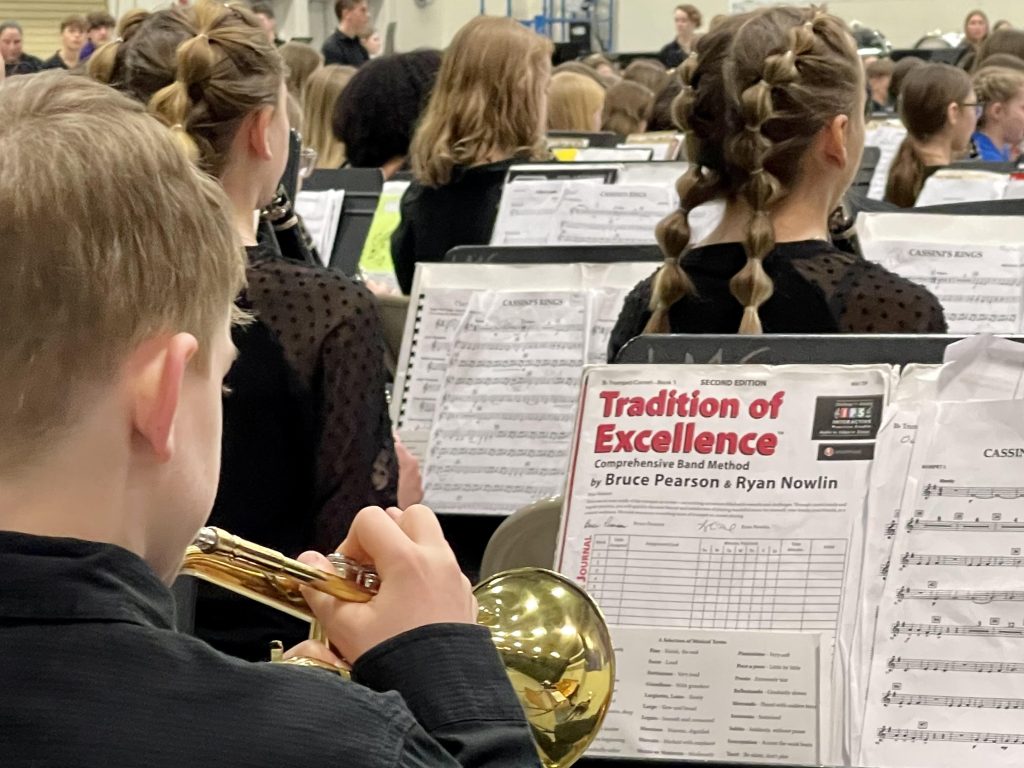
PHOTO: JEFFREY ZAMPANTI
Kenosha Unified has been honored with the Best Communities for Music Education designation from The NAMM Foundation for the sixth year in a row for its outstanding commitment to music education.

Now in its 24th year, the Best Communities for Music Education designation is awarded to districts that demonstrate outstanding achievement in efforts to provide music access and education to all students.
To qualify for the Best Communities designation, KUSD answered detailed questions about funding, graduation requirements, music class participation, instruction time, facilities, support for the music program and community music-making programs. Responses were verified by school officials and reviewed by The Music Research Institute at the University of Kansas.
“Kenosha Unified’s music programs are touted as some of the best in our area,” said Scott Plank, KUSD coordinator of fine arts. “We often hear that families choose to attend our schools because of our fine arts offerings, including our music programs and festivals that have been a longstanding tradition in our community.”
Since the passage of the Every Student Succeeds Act in 2015 and a stated emphasis on a well-rounded education, many school districts have re-committed to music and arts education programs.
“We often hear that families choose to attend our schools because of our fine arts offerings, including our music programs and festivals that have been a longstanding tradition in our community.”
– Scott Plank, KUSD coordinator of fine arts
During the pandemic, music and arts programs were a vital component to keeping students engaged in school. ESSA provides designated funding for well-rounded educational opportunities through Title IV Part A Student Academic Success and Achievement grants. NAMM Foundation research has revealed that these grants are being widely used by school districts to address instructional gaps in access to music and arts education.
Superintendent Dr. Jeffrey Weiss added: “Offerings like our award-winning music program are what sets KUSD apart from other schools and school districts in Kenosha and across the state. We are proud of our robust offerings that allow students to grow and flourish in a way that suits them best, whether that is in music, academics, engineering, the arts, athletics, or any of the other numerous clubs we offer.”
Research into music education continues to demonstrate educational/cognitive and social skill benefits for children who make music: After two years of music education, researchers found that participants showed more substantial improvements in how the brain processes speech and reading scores than their less-involved peers and that students who are involved in music are not only more likely to graduate high school but also to attend college as well. In addition, everyday listening skills are stronger in musically trained children than in those without music training. Significantly, listening skills are closely tied to the ability to: perceive speech in a noisy background, pay attention, and keep sounds in memory. Later in life, individuals who took music lessons as children show stronger neural processing of sound: young adults and even older adults who have not played an instrument for up to 50 years show enhanced neural processing compared to their peers. Not to mention, social benefits include conflict resolution, teamwork skills, and how to give and receive constructive criticism.
